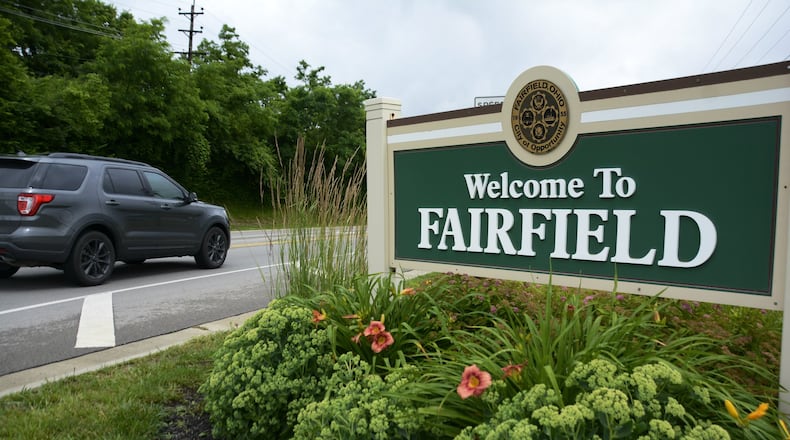The city is planning for the worst and hoping for the best as Fairfield Finance Director Scott Timmer is preparing the city to expect a fiscal impact worse than the Great Recession that took years for governments and citizens to recover. City Manager Mark Wendling said Timmer’s projections for the rest of the year doesn’t look at the COVID-19 crisis “so much as it looks at worst-case strategies based on percentages of declining revenue.”
CORONAVIRUS: Question isn’t when state will reopen, it’s how, DeWine says
“The good news is we have seven months of operating funds in reserve, that is without any additional revenue coming in,” he said. “That doesn’t mean, though, we don’t need to be really careful.”
A decline in tax revenues is expected, said Timmer. If the city does not make any cuts, and the revenue decline is as bad as the Great Recession, revenues could drop by around 8 percent, or roughly $2.6 million. But the city could see a slight contribution to the reserve fund.
Timmer showed a fate twice as bad as 2008 if no cuts were made: a nearly $5 million decline in revenues with the city taking $2.2 million out of the rainy day fund.
The city has taken measures to slow the financial impact the crisis will have on the city, such as a hiring freeze for non-emergency services positions, a reduction in capital projects and furloughs for some part-time positions.
“At this time it is too early to gauge the overall impact of COVID-19 on the city,” said Timmer. “We are analyzing our collections on a daily basis to identify any major anomalies.”
In a worst-case scenario, where tax revenues plummet in 2020 and 2021, the city could maintain around a 30 percent rainy day fund balance. That would be above Fairfield’s 25 percent informal policy, but below a threshold that could impact the city’s Aa1 bond rating, the second-best credit rating from Moody’s.
STIMULUS CHECK: Looking for your stimulus money? IRS launches tool to help track it
A high bond rating means the city saves money on interest rates for projects with multi-million dollar price tags.
“What you keep in your reserve is a key component of what that bond rating is maintained at,” Timmer said to City Council on Monday. “For us to maintain our Aa1 (Moody’s bond rating), we’re going to want to maintain somewhere in that 50 percent range.”
The Government Finance Officers Association recommends governments keep at least rainy day fund balance that equates to two months of their general fund operating revenue. The city ended 2019 with a $19.57 million in its rainy day fund, which is 59.2 percent of its general fund balance ($33 million).
Timmer said the city could drop the current rainy day fund between $1 million and $2 million and likely still maintain their rating, “but there is still no guarantee until the rating agencies come in and analyze that annual rate either that confirmation or renewal.”
About the Author

